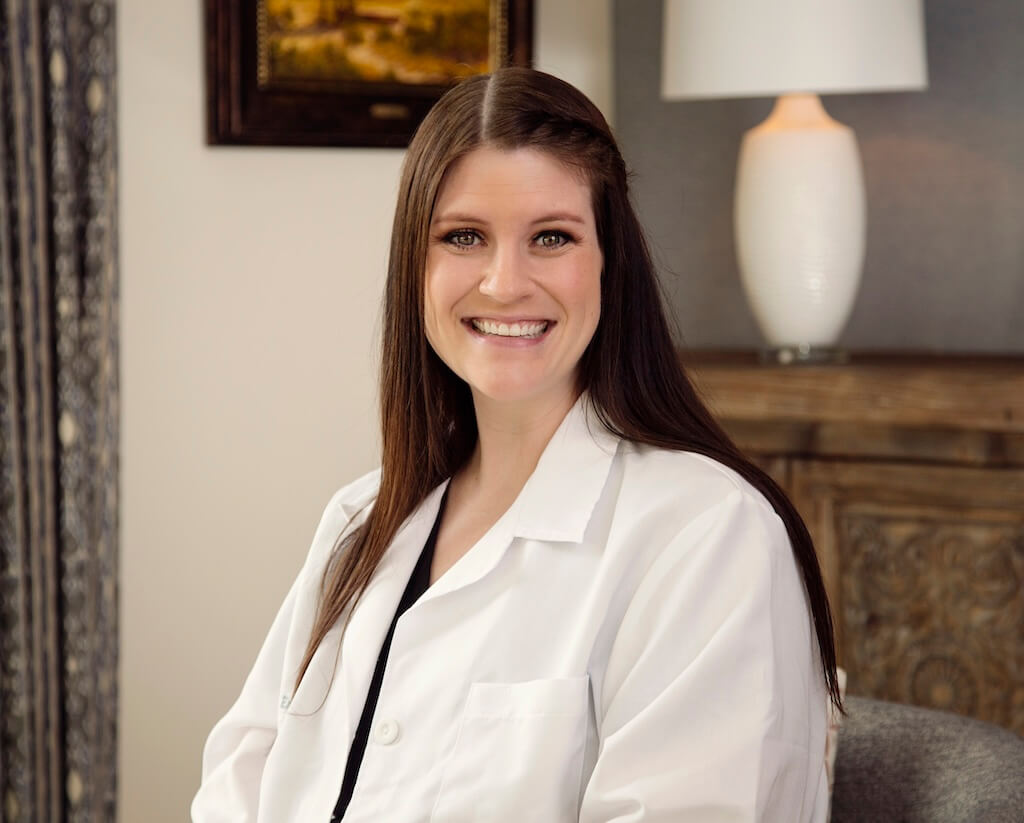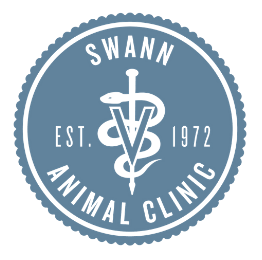January is here! The month of resolutions! I know I typically make some sort of resolution about my health, so I thought I would talk about something that impacts my patients’ health greatly. It’s time to talk about nutrition.
If there is one thing that is talked a lot about in veterinary medicine, it is nutrition. You can’t turn on the television without seeing at least one commercial about dog and cat food. There are literally hundreds of options out there to confuse you. Each company claims they are the best. Each diet claims it will cure your dog of all ailments. Dry food, wet food, raw diet, grain-free, high protein – it is never-ending! Now, part of me as a veterinarian is glad that nutrition is getting so much attention. Because nutrition IS important! It is the basis for your pet’s overall health. The age-old saying of “you are what you eat” is true! If you are eating poorly, your body will show it. However, part of me gets a little frustrated because veterinarians seem to be the last place people go to for insight on nutrition. Those shiny commercials appeal to us on an emotional basis and make us feel good about buying their products without a second thought as to whether it is actually healthy for our furry loved ones (sorry, but your Pomeranian is not a direct descendant of the wolf).
Probably the biggest and most controversial craze right now is grain-free diets. This craze has been extrapolated from human nutrition. If I am sensitive to grains or gluten, then my animal must be too, right? Actually, no! Consequently, many dog and cat foods market themselves to be grain-free while implying that grain is harmful. This is a marketing ploy at the expense of what we know scientifically to be best for your pets. There is NO scientific evidence that grain-free diets for dogs or cats are nutritionally superior. In fact, it is now evident that grain-free diets are being linked as the cause of major heart disease in dogs! Pet owners commonly regard grains like barley, wheat, corn, and oats as “fillers”; however, they contain a dense nutritional composition including carbohydrates, fatty acids, and proteins. These nutrients are essential in the diet, so instead of using these great ingredients, companies use more expensive substitutes such as potatoes, beans, peas, and tapioca. These ingredients often provide fewer nutrients, less fiber, and cost more. Another reason many pet owners are scared of grains is that they are concerned about food allergies. While food allergies are something we see commonly in veterinary medicine, allergies to grains are exceedingly rare!! The number one and two food allergens are actually beef and chicken proteins. When owners change to a grain-free diet and see improvements in their pet’s skin, it is usually because they are higher in omega fatty acids. These fatty acids have a strong anti-inflammatory component to them, so they help with the actual underlying allergy. If a dog truly has a food allergy, the only way to diagnose and treat them is to place them on a hypoallergenic diet. These are specialized, prescription diets that are not available over the counter
Another thing that popular dog food brands like to target is by-products. These commercials show people reading an ingredient list off of a dog food bag while making disgusted faces at the words “animal by-product meal” If you are not trained to know what that means, I would be scared too! But the truth is, by-products are NOT bad! By-products are simply the non-skeletal meat sections of the animal carcass. This includes mostly organ meat such as heart, liver, kidney, etc that are all very nutritious!! They are not palatable to humans, so they are used in pet foods. They DO NOT include feces or feathers as many people think. They can technically include chicken feet, but those are a delicacy in many Asian countries, so they are worth more shipped overseas than put in dog food. These ingredients are super packed with protein and other beneficial nutrients, so don’t be scared of them!
Another controversial topic is raw diets. A raw diet is a diet that contains raw meat and often plant ingredients, but rarely grains. Advocates for raw food diets claim benefits from improved longevity to superior oral or general health. They believe raw diets must be healthier for their pet because there is no processing of the diet and no preservatives. Unfortunately, there is absolutely no published, peer-reviewed studies in existence that support these diets. The most commonly reported benefits are in testimonials (hello Facebook). The only documented studies about raw diets actually discuss the dangers of them. The two biggest problems with raw diets are food safety and nutritional adequacy. Studies have shown that 80% of chicken packaged for human consumption are contaminated with Campylobacter and 15% with Salmonella. Another study showed that 14% of fecal samples from dogs fed a raw diet were positive for Salmonella, compared to no positive samples from dogs fed commercial diets. The American Veterinary Medical Association has even advised to exclude animals from health-care facilities that have been fed raw diets within the last 90 days due to the risk of transmission of zoonotic organisms (bacteria and parasites that can be passed from animals to humans). Yet another study showed that 70% of home-prepared meals were deficient or unbalanced in key nutrients. Even commercially manufactured raw diets have been found to be imbalanced. If you truly believe that you should feed your pet a raw diet, it is imperative to consult with a certified veterinary nutritionist to ensure that you are educated on food safety and that the diet is completely balanced for your loved one.
If you have been to a pet food store lately, you know there are an endless amount of options. It is truly overwhelming. You are bombarded with advice from the internet, the pet store employee, your groomer, your breeder, and your family. Unfortunately, the one person that has studied your pet’s nutrition down to the cellular level is one of the only people most pet owners forget to ask. Don’t believe the hype that we have been “bought out” by the veterinary supported companies. Veterinarians support these companies because they are actually the best. The brand name Hill’s is not on the nutrition book because they paid for it. It is there because they literally wrote the book on nutrition for pets! Please, please, please talk to your veterinarian about your pet’s nutrition. We are the best and safest place to come.
About the Author
 Dr. Heritage Enevoldsen
Dr. Heritage Enevoldsen
Dr. Heritage Enevoldsen was born and raised in Amarillo, Texas. She had always dreamed of finding a job that would allow her to minister to and bless people, but also involve her love for animals, so being a veterinarian was just the right fit! She received her Bachelor of Science from Texas A&M University before graduating from Texas A&M College of Veterinary Medicine in May of 2017. Her goal was always to come back and serve the people of the Texas panhandle. Dr. Enevoldsen has a special interest in dermatology, surgery, and dentistry as well as client education. When she isn’t working at the clinic, Dr. Enevoldsen loves spending time with her son and husband, reading, and anything to do with the Fighting Texas Aggies. She is a dog mom to her pet, Mark, who is the most handsome mutt you have ever seen.
